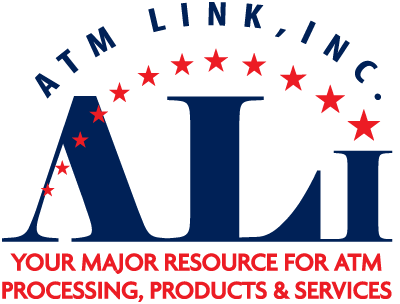Blogger Richard Buckle looks into the issue of the freedom we have with cash. Do we still have it? Can we keep it? Or is cash going out of style?
The global pandemic has hit us all very hard and it’s with some degree of caution that we look out our windows and wonder, is it safe to step outside? Is it okay to walk the block or drive to get necessities? Almost everywhere you turn the lockdown and the need to maintain social distancing seems to be relaxing and yet, is this pandemic really winding down? Talk is rampant among some nations that the virus has effectively died as the reporting on the number of days without any new cases surfacing is dwindling.
One unexpected consequence of the pandemic, according to a report in the Washington Post, is we are experiencing a new crises, “…a nationwide shortage of quarters, dimes, nickels and pennies.” Apparently one outcome from everyone staying at home is that “…the flow of coins through the economy — it’s kind of stopped,” Federal Chairmen Jerome H. Powell said in a recent hearing before the House Financial Services Committee.
“The places where you go to give your coins and get credit at the store and get cash — you know, folding money — those have not been working. Stores have been closed,” Powell said. “So, the whole system has kind of, had come to a stop.” Accessibility of folding money hasn’t been what it once was. Staying close to home has meant that the economic wheels have slowed to a point where we are holding on to cash (or perhaps hiding our funds under the mattress) which is yet one more indicator that we have entered a “new normal.”
ATMs have stood idle with cartridges stacked with folding money by most accounts, but without human traffic passing by it’s as if the pandemic had spread to the machines as well. Talk about self-isolation; does it make you wonder if an ATM sees no users, is it really there? We all know of trees falling in forests that are never heard, but could this be said about ATMs? Lonely sentinels of practices deeply ingrained in society that provide a valuable service at all socioeconomic levels in a manner that is much about our freedoms as anything else we would care to name.
Making matters worse and truly unwarranted were early comments made about cash spreading the virus. “If it weren’t enough that machines were virtually held hostage by the lockdown restrictions, the idea that cash could carry the virus or that ATMs were virtual germ-machines began surfacing in news reports,” ATM Marketplace’s editor, Pat Shea, posted in her blog, Working together: Let’s get back to the business of business. As of now, however, as Powell noted, the whole system has come to a stop.
I cannot recall the number of times that I have travelled around the planet and the first act upon arrival at a destination was to find an ATM. New countries, new protocols and more often than not new currency, but with local cash in hand I felt relief that I could easily navigate any local custom with little to worry about. I could catch a cab, grab a cup of coffee and buy a paper. Recently, I came across a container in storage loaded with bank notes from all over the world that I kept on the premise that if I returned to that area, what would I do if I couldn’t immediately locate an ATM?
Cash has been the one financial instrument that gives us the freedom to do practically anything at all. With cash on hand there is relief, security and the knowledge that for a period of time, you have a level of protection no other easily convertible financial instrument can match. In times of crises, how often have we read that it was “Cash Only!”
I recently came across a published technology review by MIT on the topic of blockchain. The article asked all good questions about what we use cash for, what we buy with it, how much we save and how much do we carry. We remain reliant on cash in so many ways. The article went on to point out that payment cards and apps don’t grant us the same freedom that cash does. Cash and coins are presumably owned by the person carrying it.
One of the biggest benefits of cash as reported by MIT is that companies cannot build advertising profiles or credit ratings from our cash spending and governments cannot track our movements from our cash use. A credit card can be declined and a check mislaid but handing over cash is instant. It works every time, and we forget that freedom. We take it for granted. In many ways, those of us working with ATMs daily couldn’t have said it better. Cash is not experiencing any downward spiral as some would suggest. Quite the contrary; cash is freedom and among the most fundamental of freedoms we enjoy. Instant credibility, no questions asked and no hesitancy to deliver the goods (when it’s legal and above board, of course!) Promoters of digital and crypto currencies may attract the headlines, but it’s mostly cash that we use to buy the papers and magazines we read on our daily commutes.
What conclusions did MIT draw in the article regarding cash? Pretty much that no digital money gives us the same mix of freedom and ease of use that cash does. From where I sit, we all have a future in cash and if any of us think it has nothing to do with maintaining our freedom, think again. Cash is the very essence of being able to freely express our every desire. As for me, the bank notes I saved in that container are a reminder that yes, travels may be on hold for now, but cash’s journey is far from being over.
Source: ATM Marketplace
